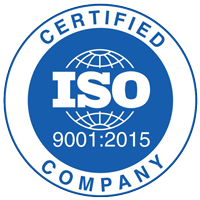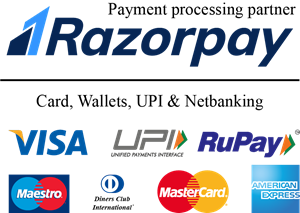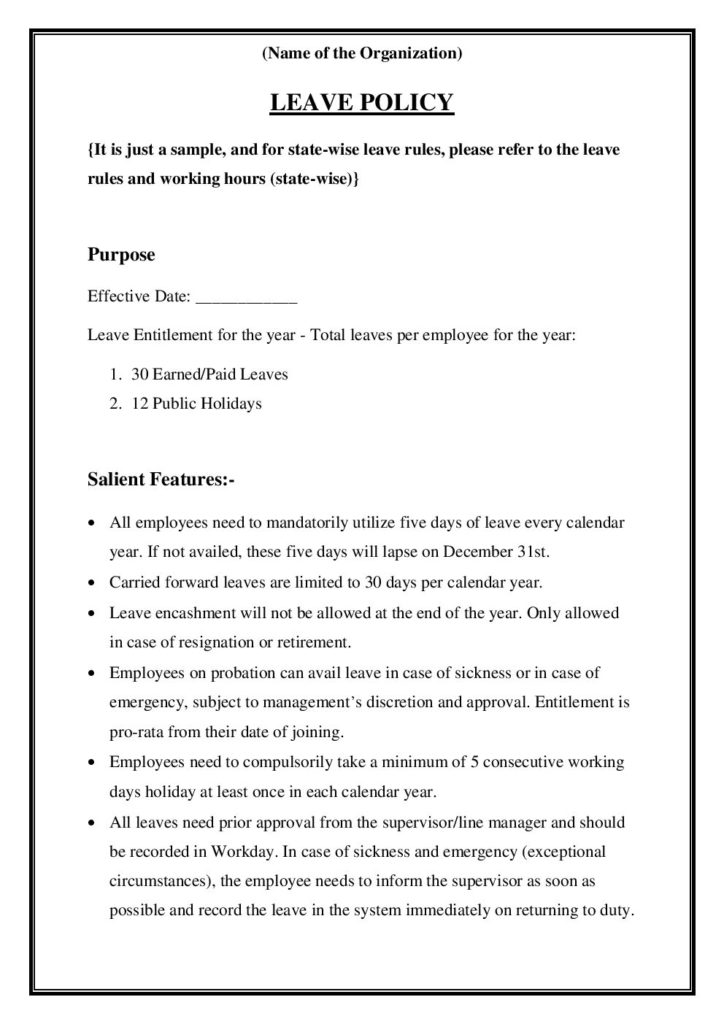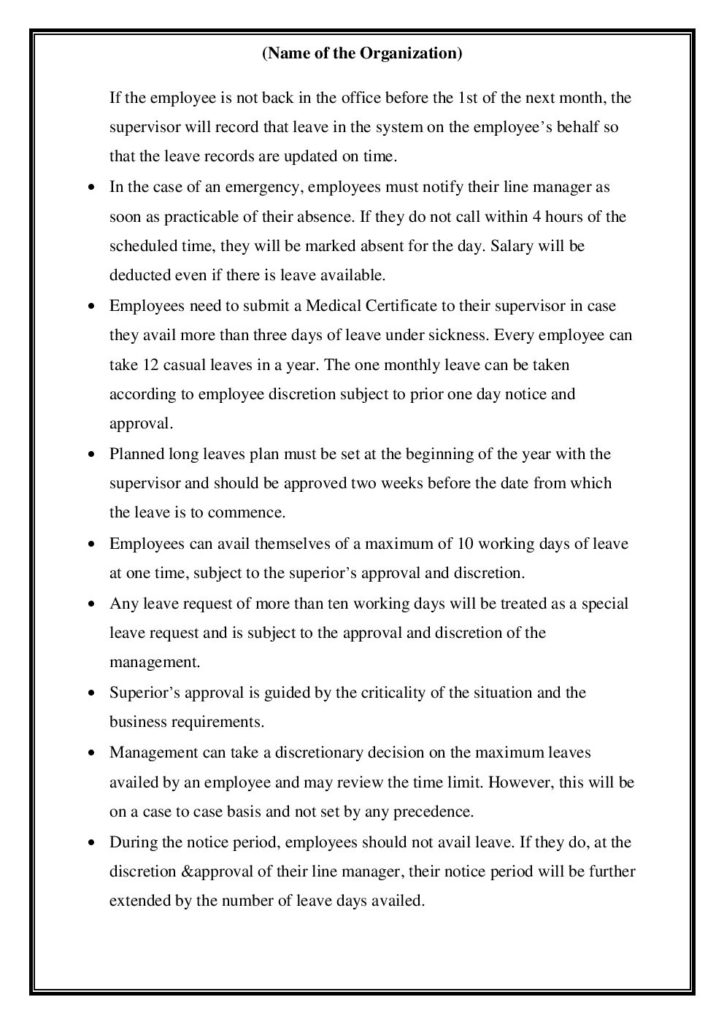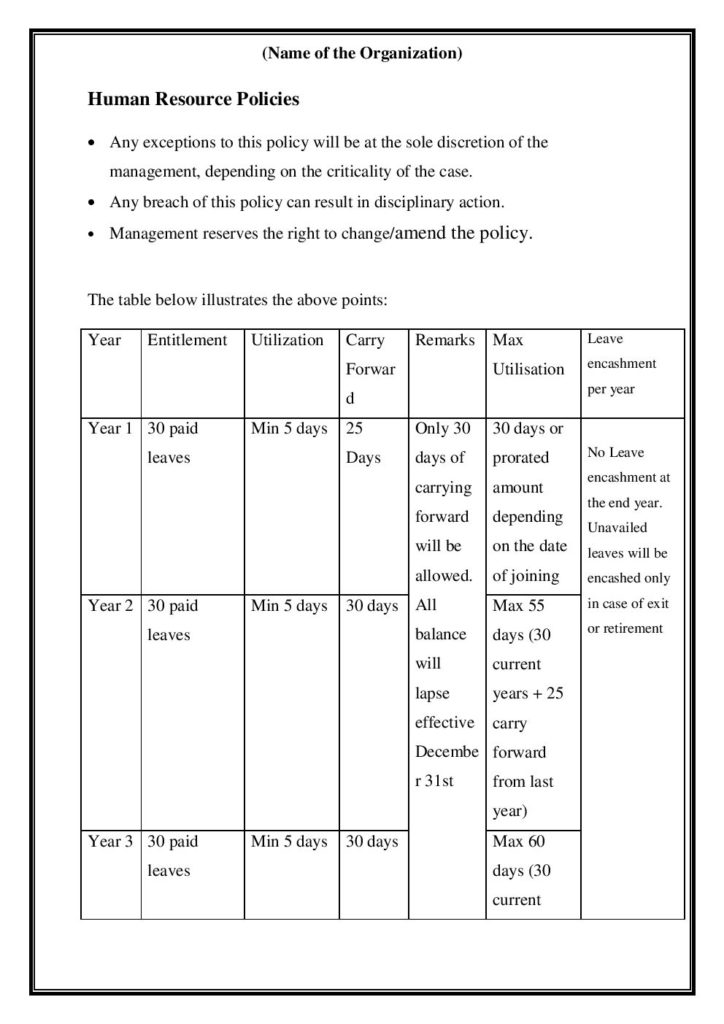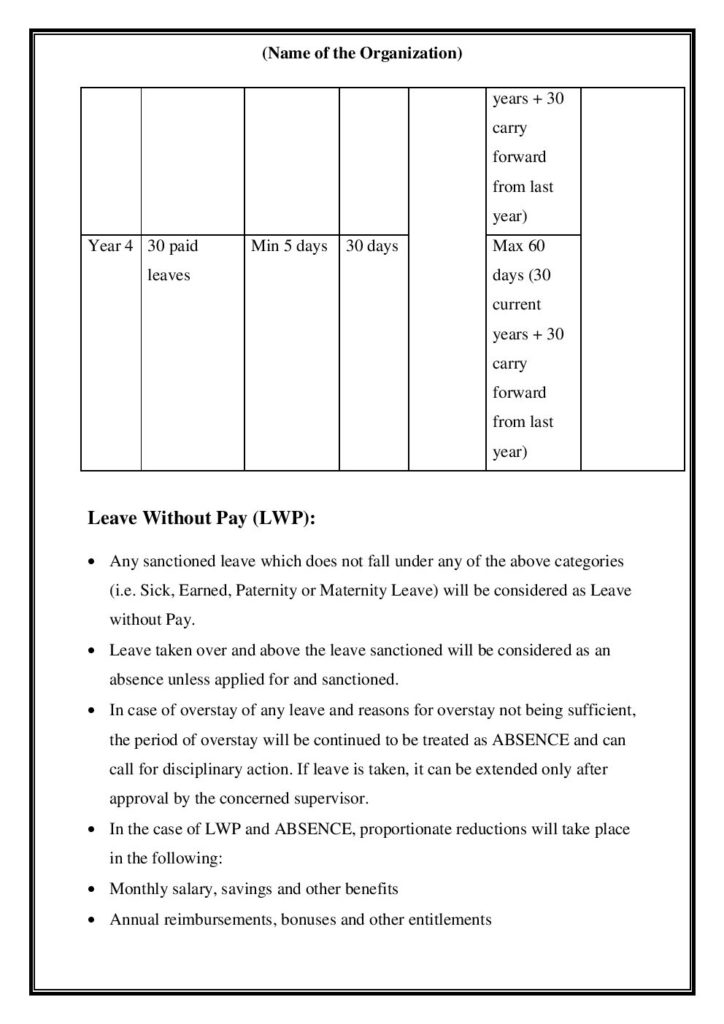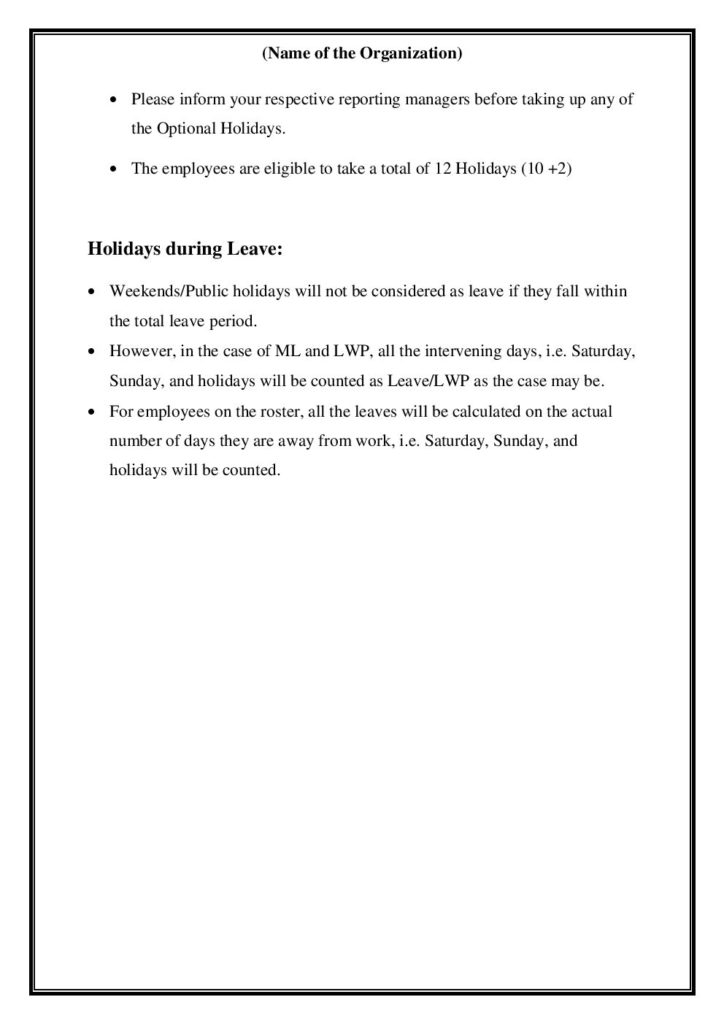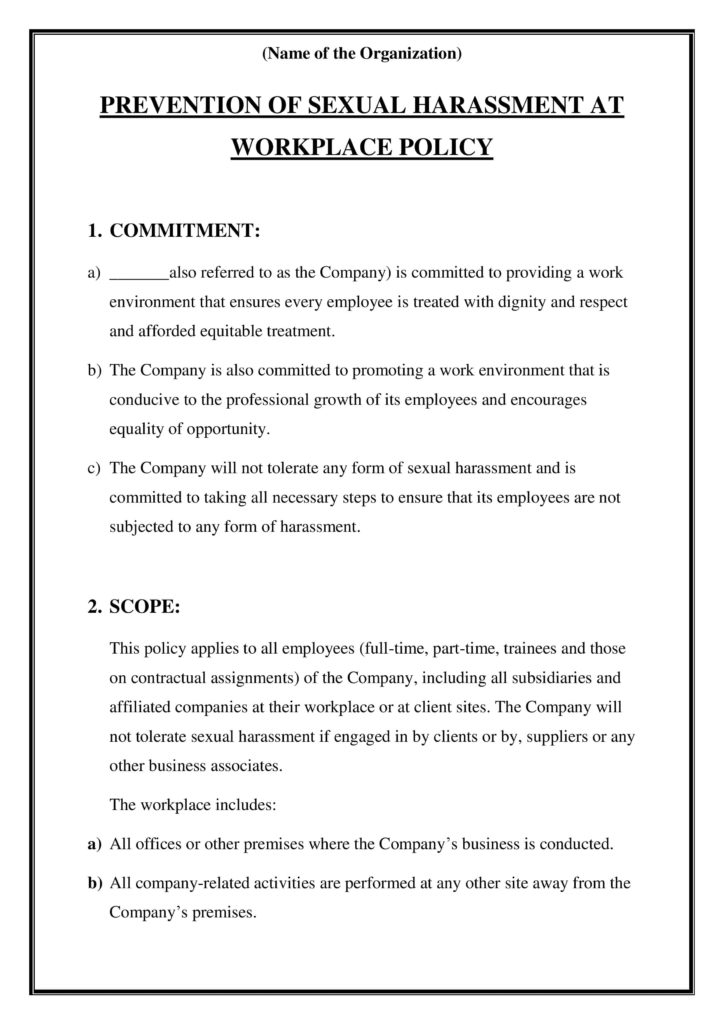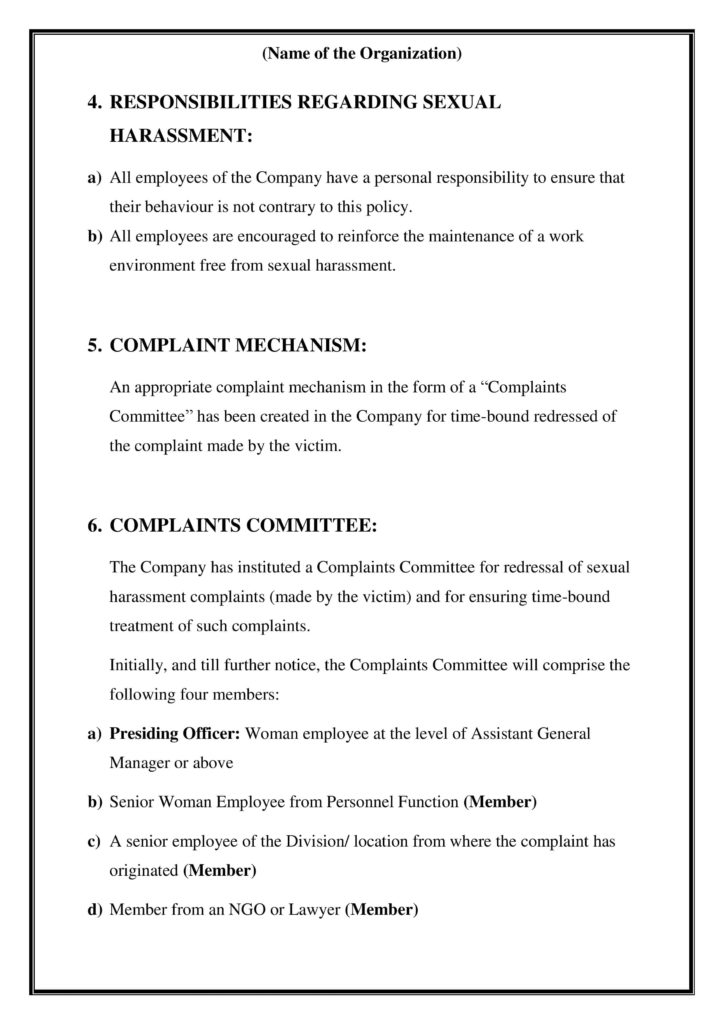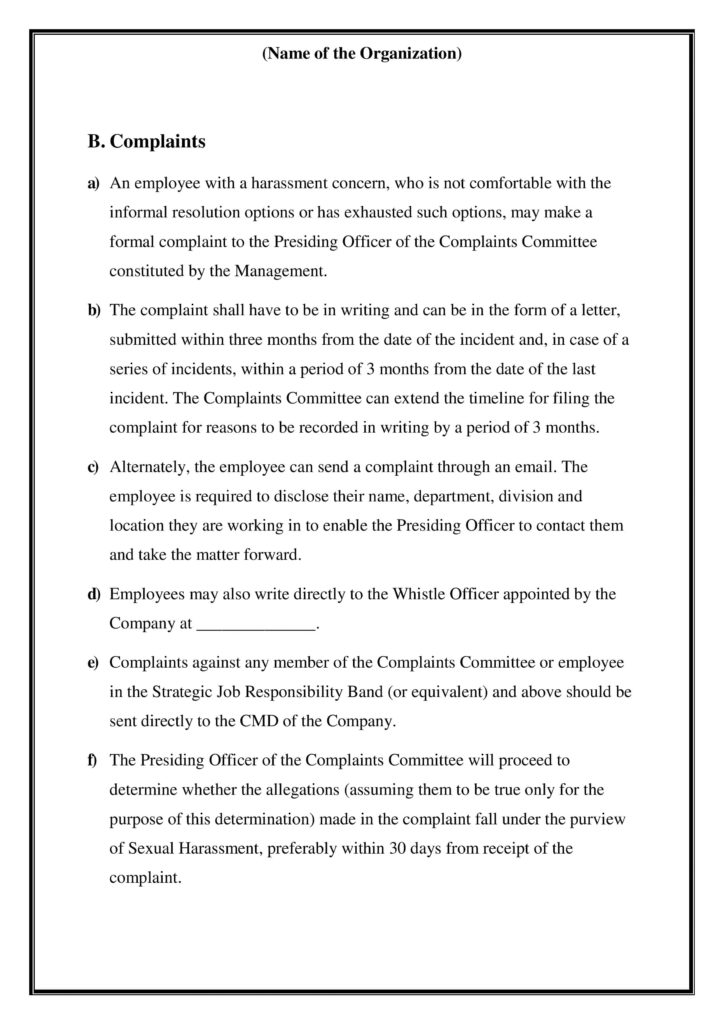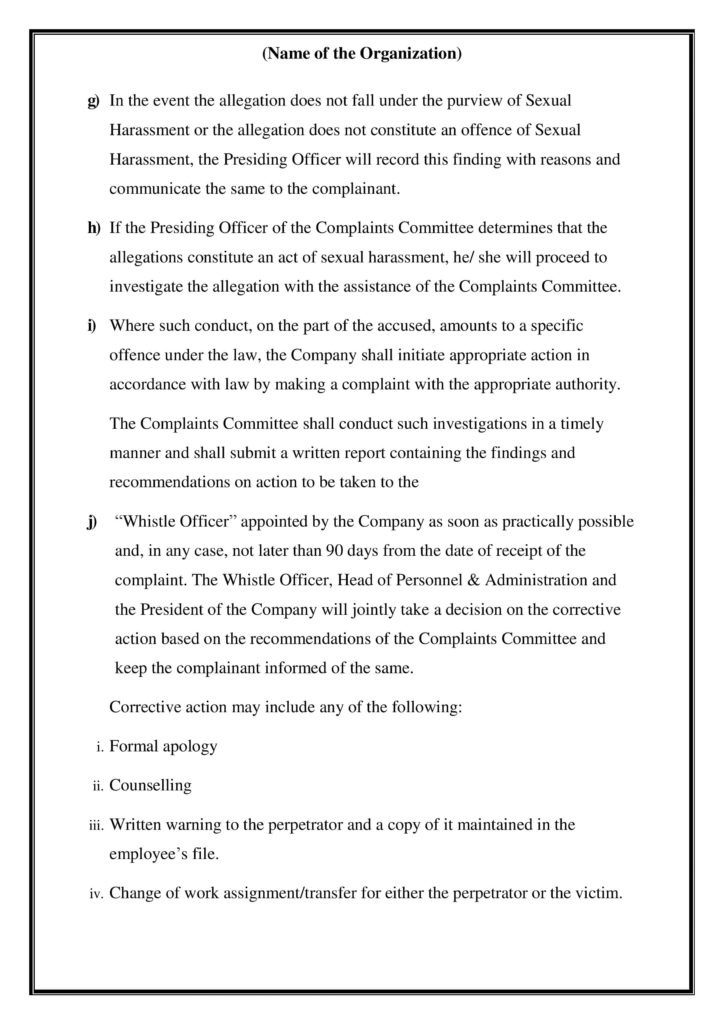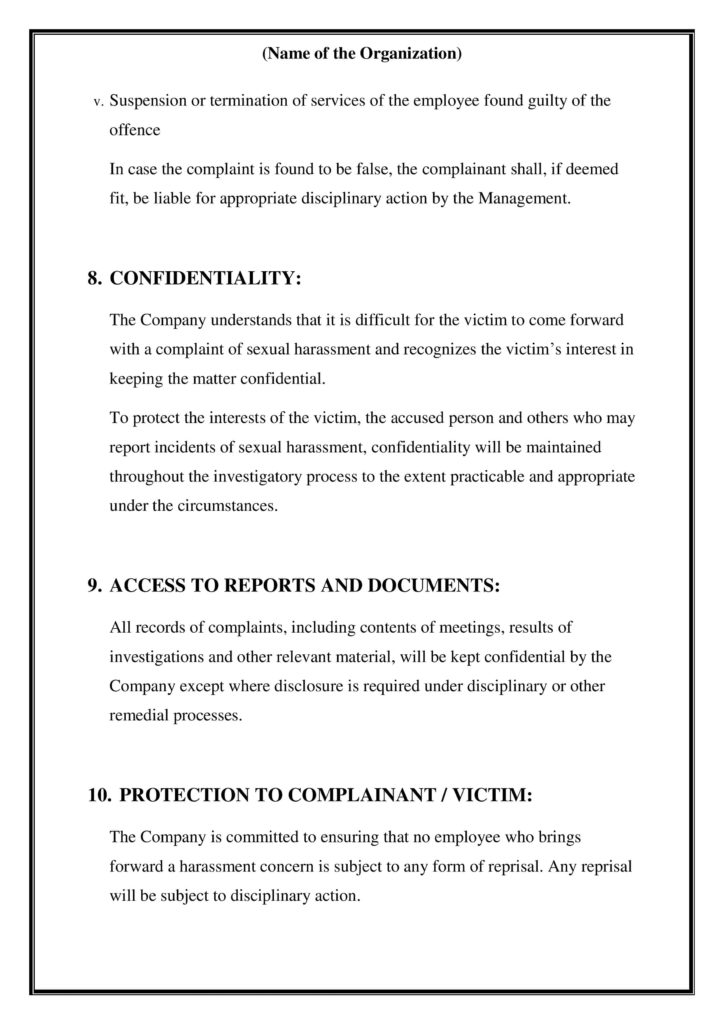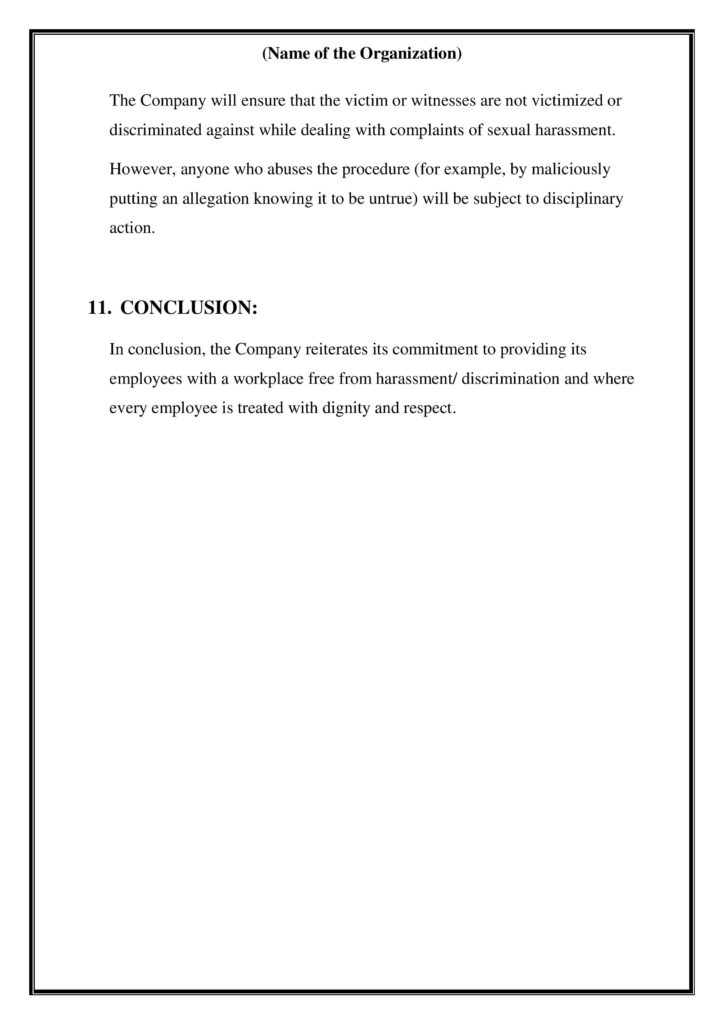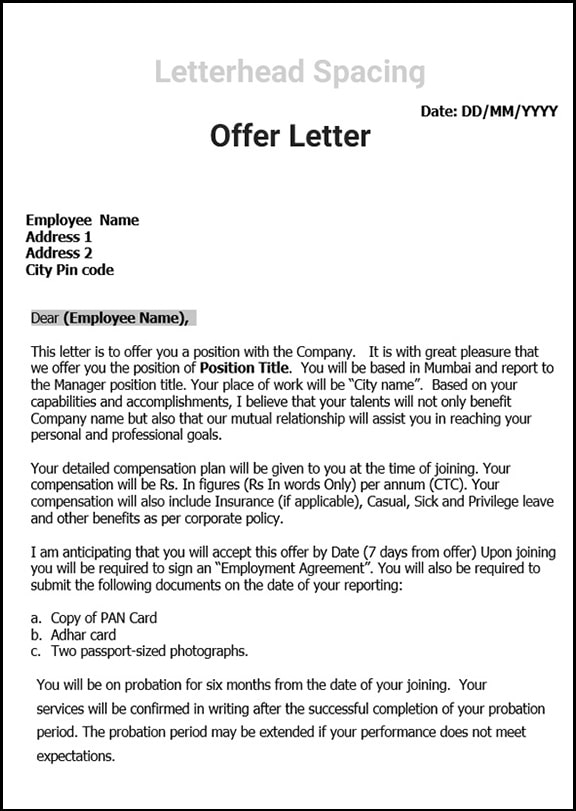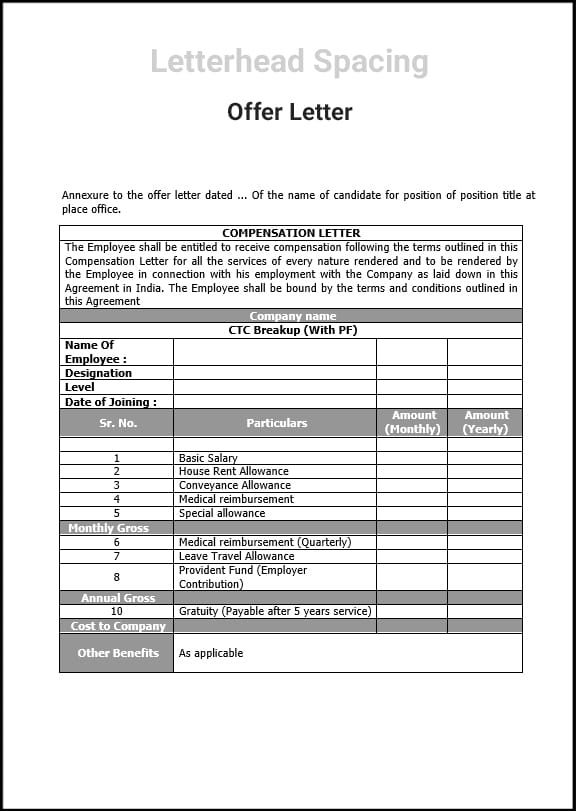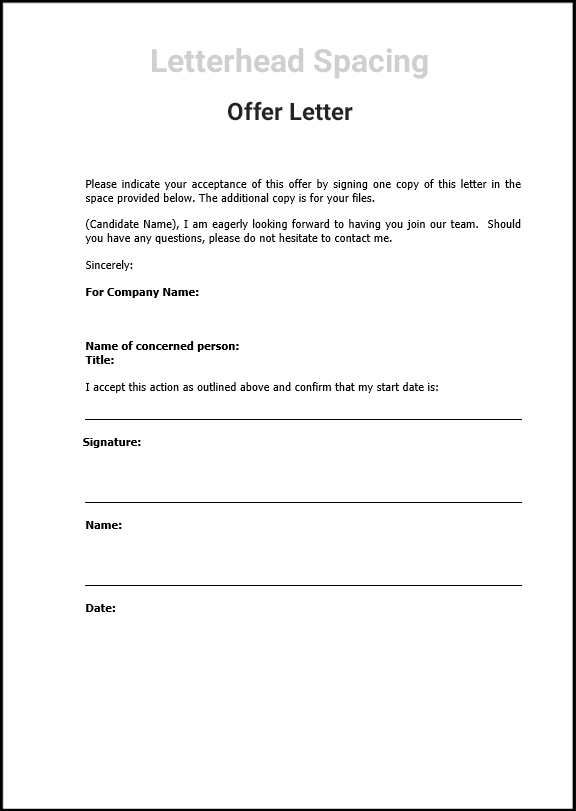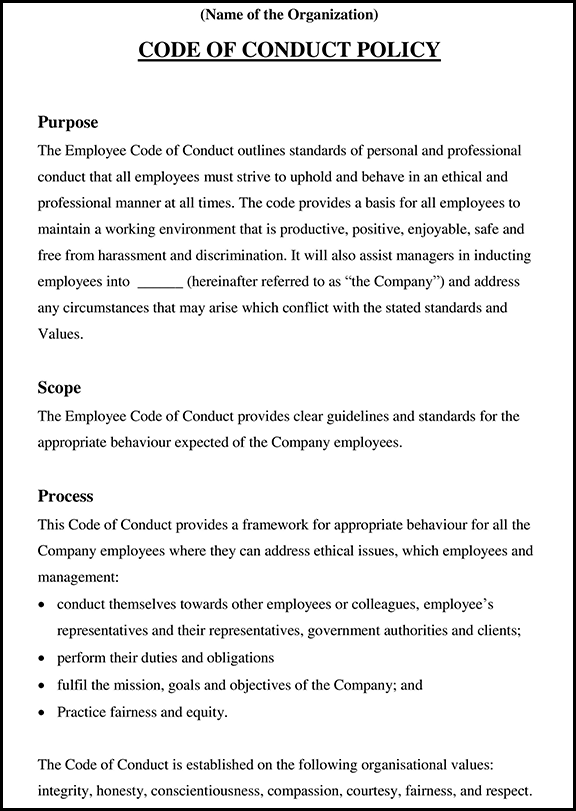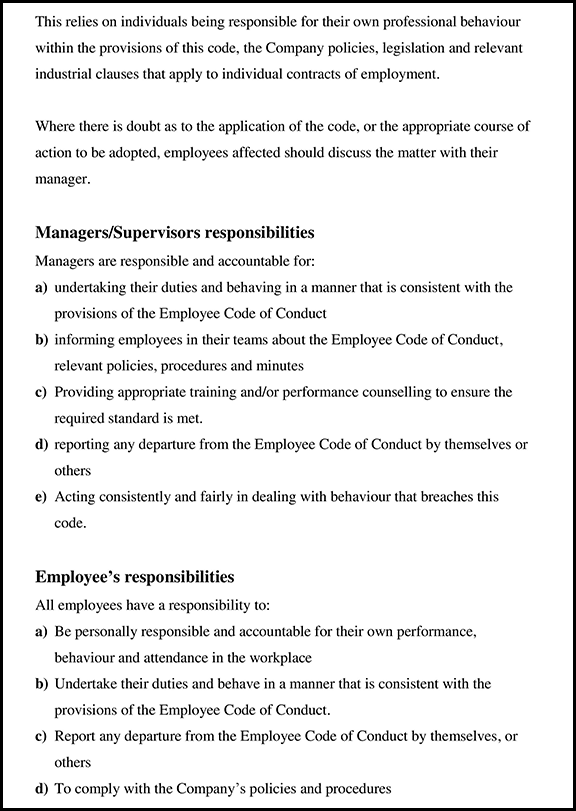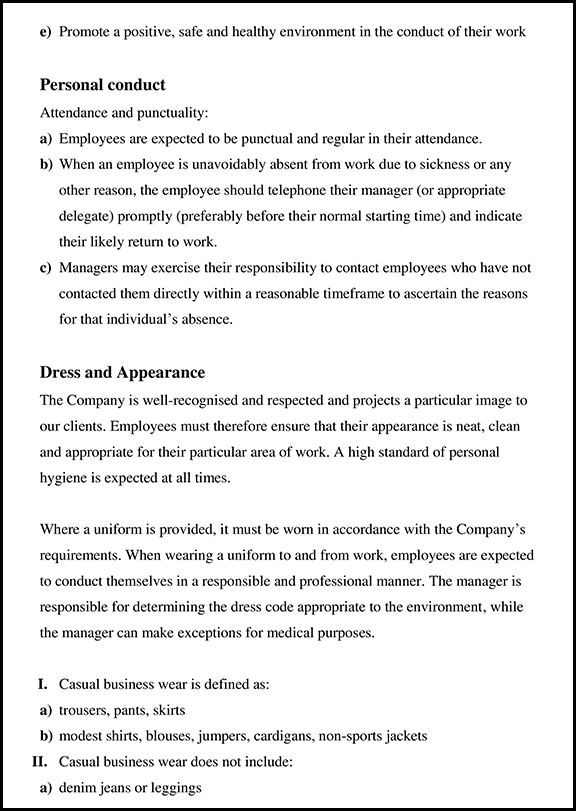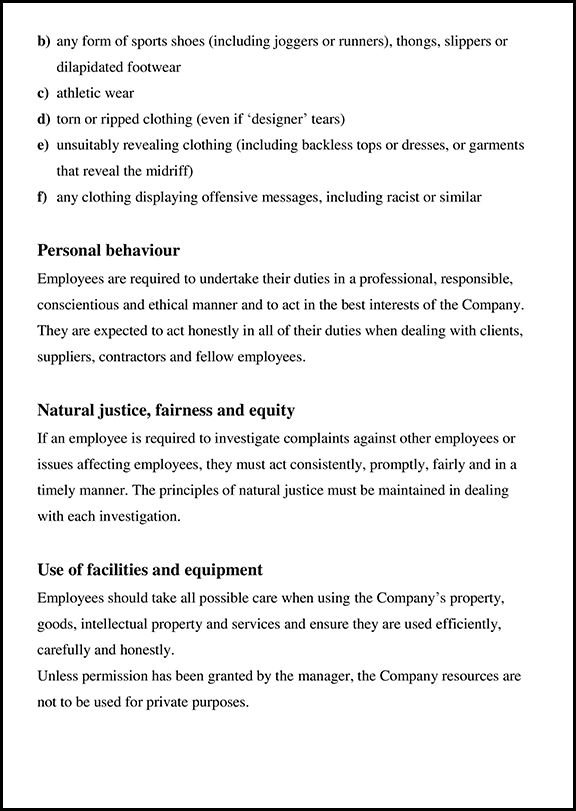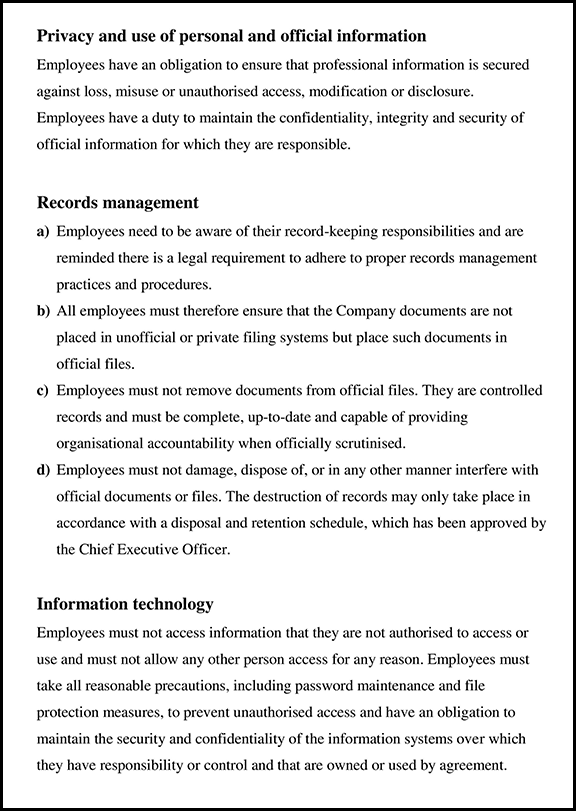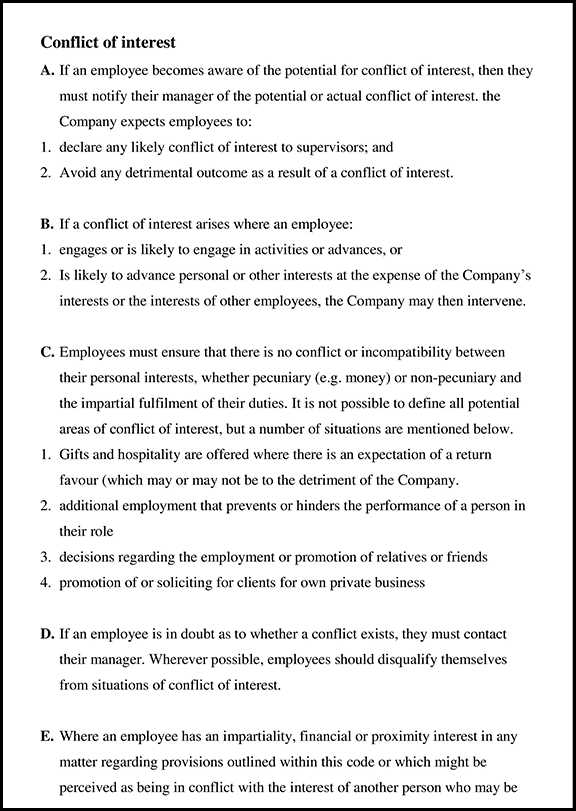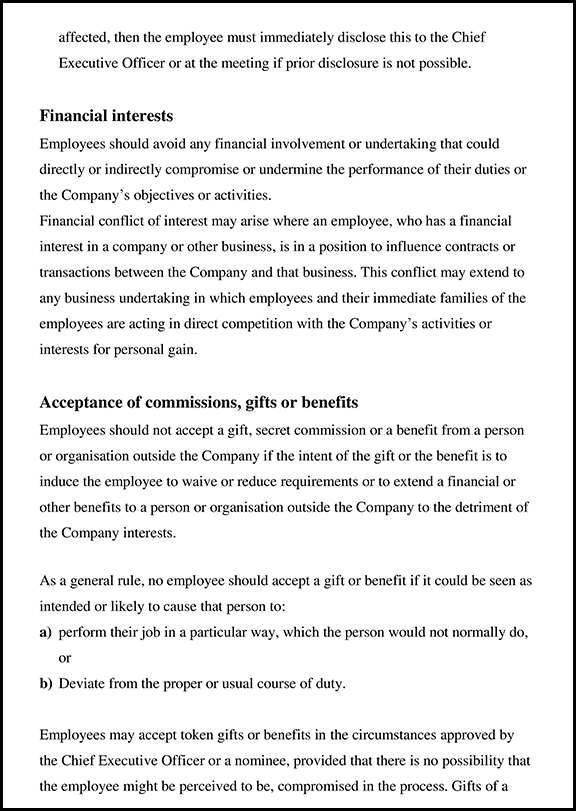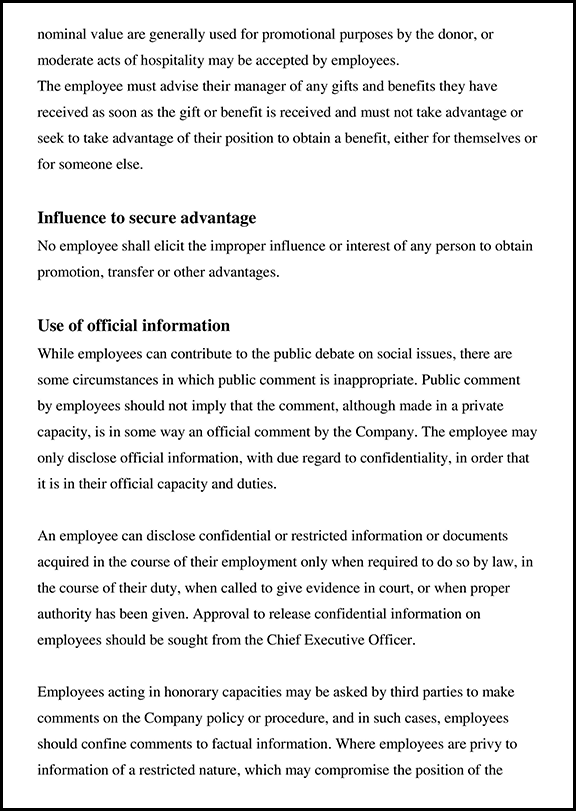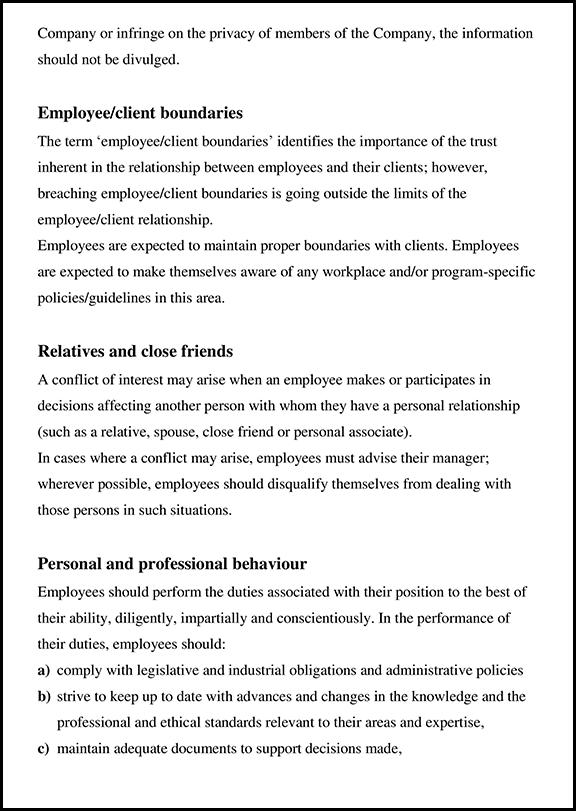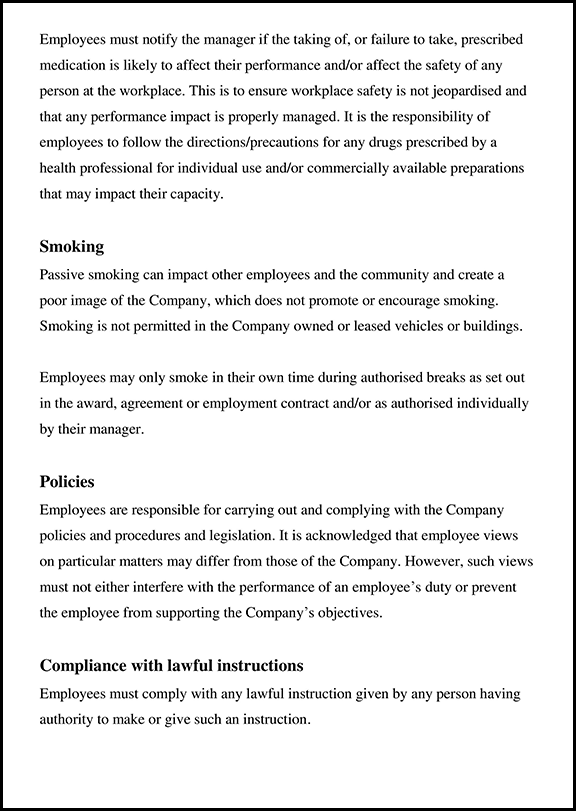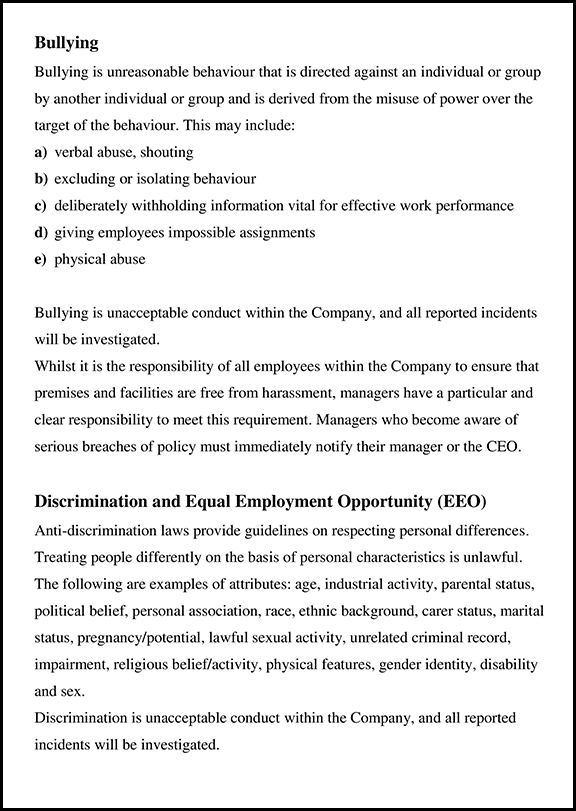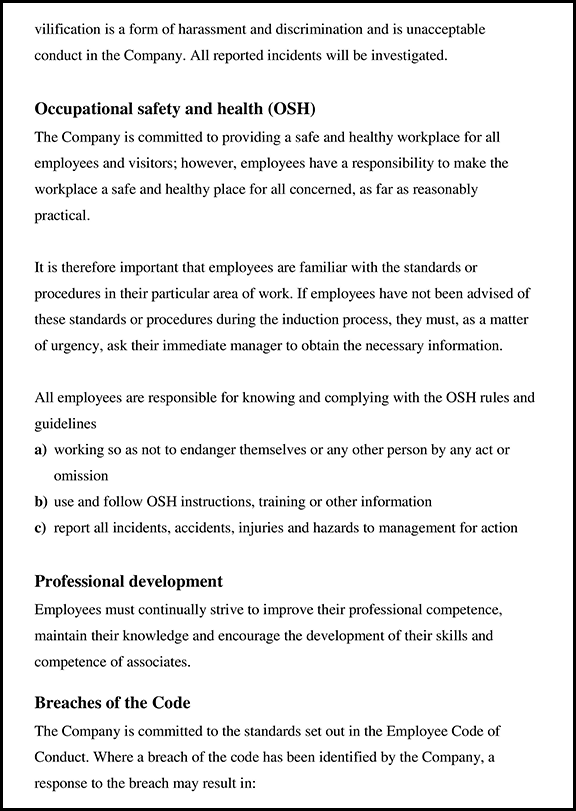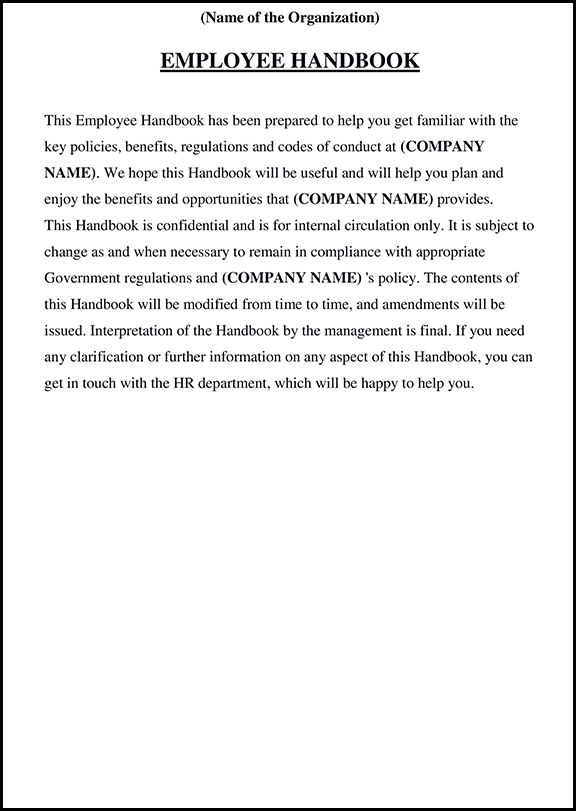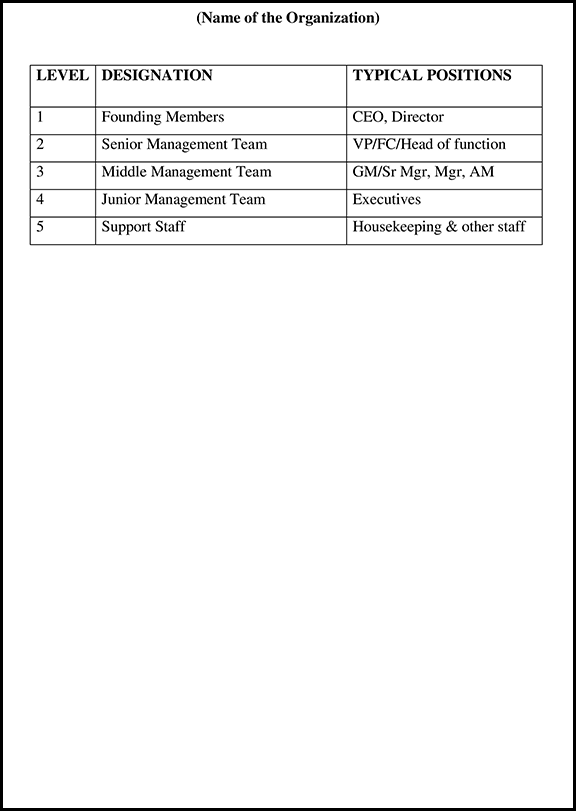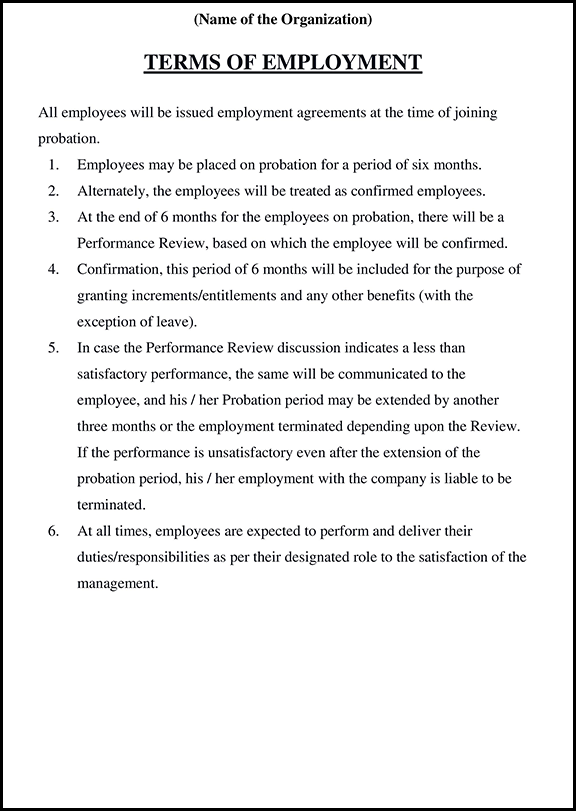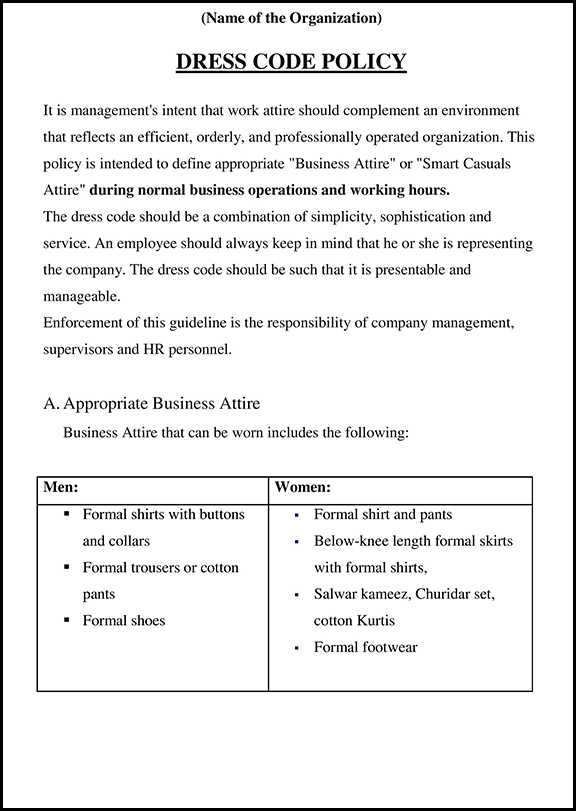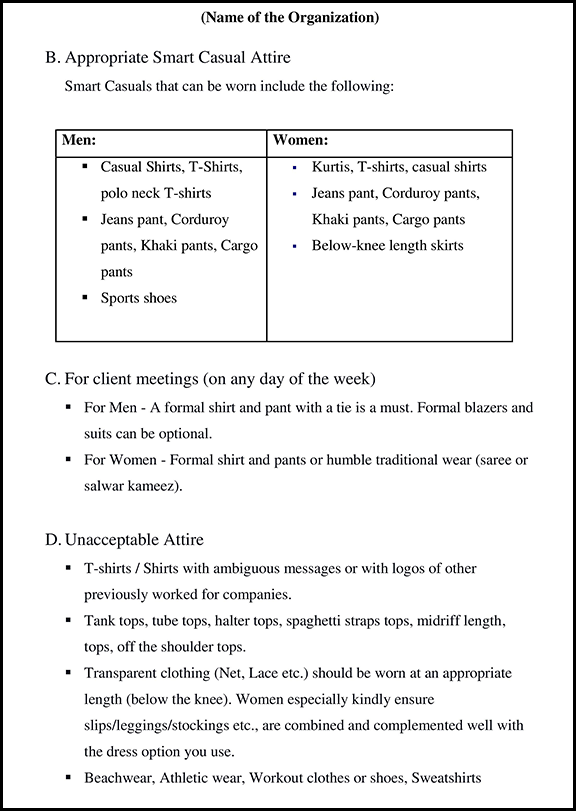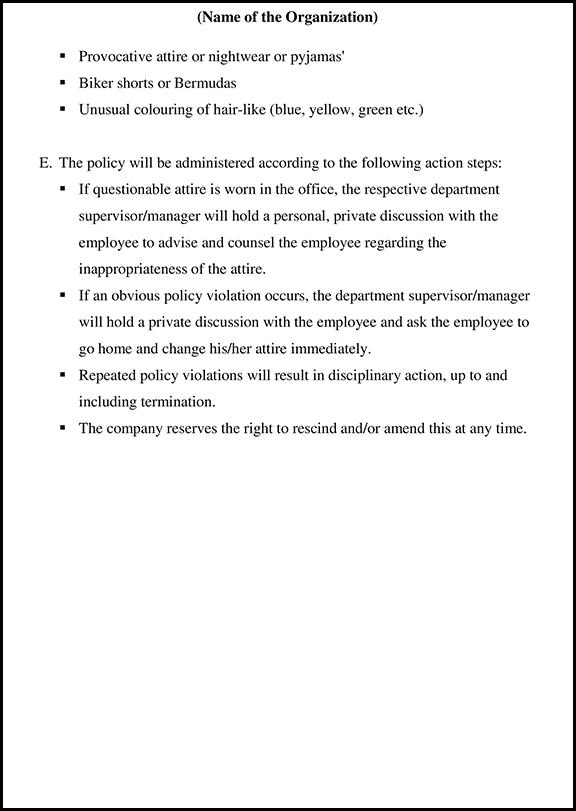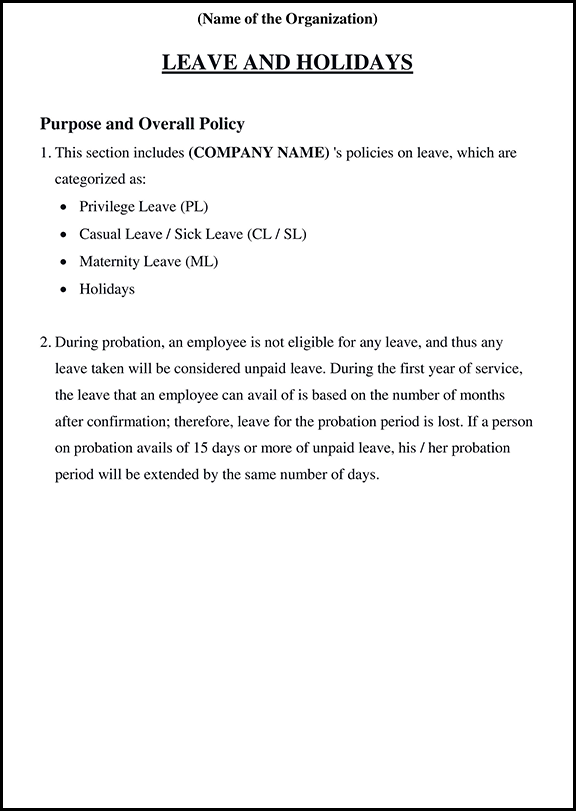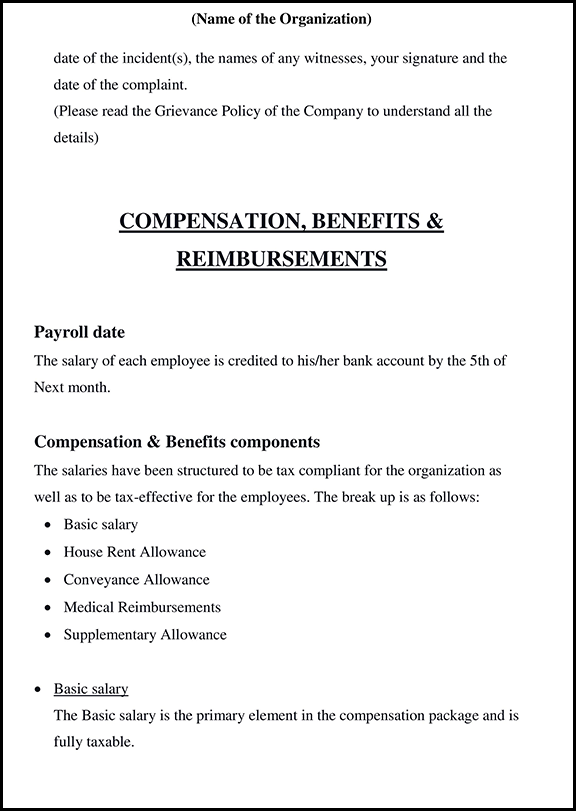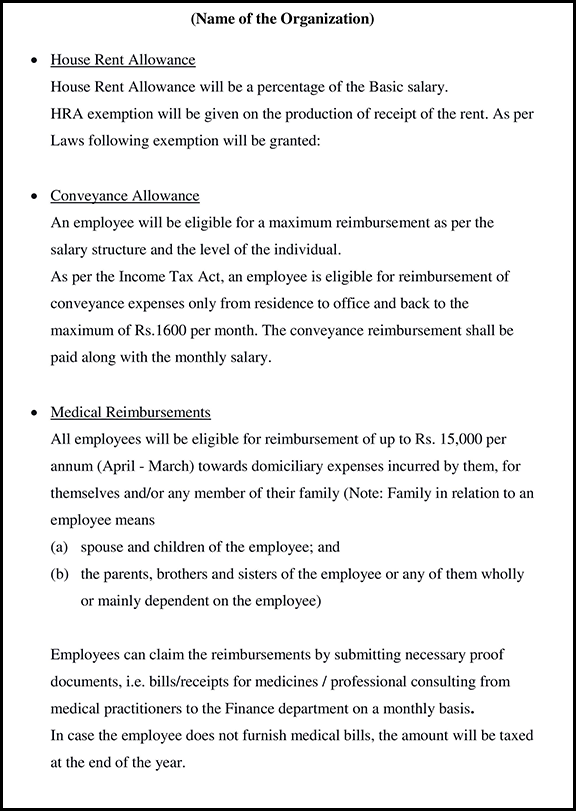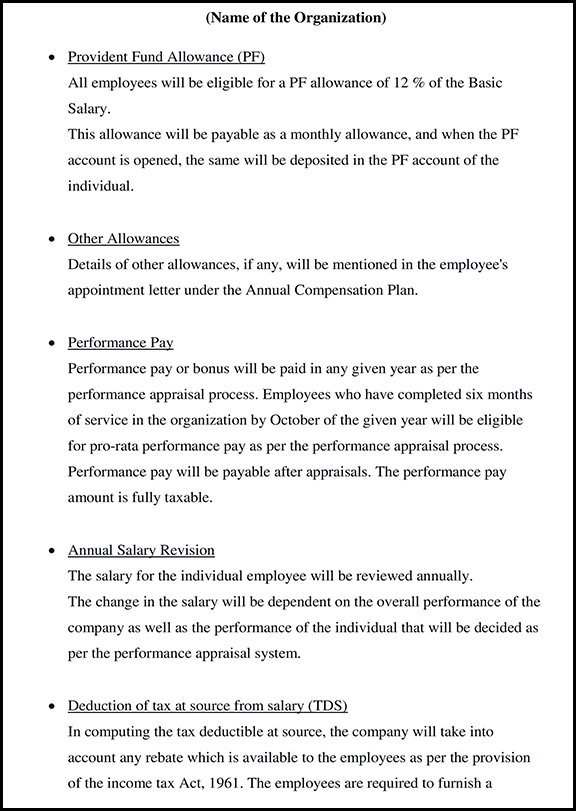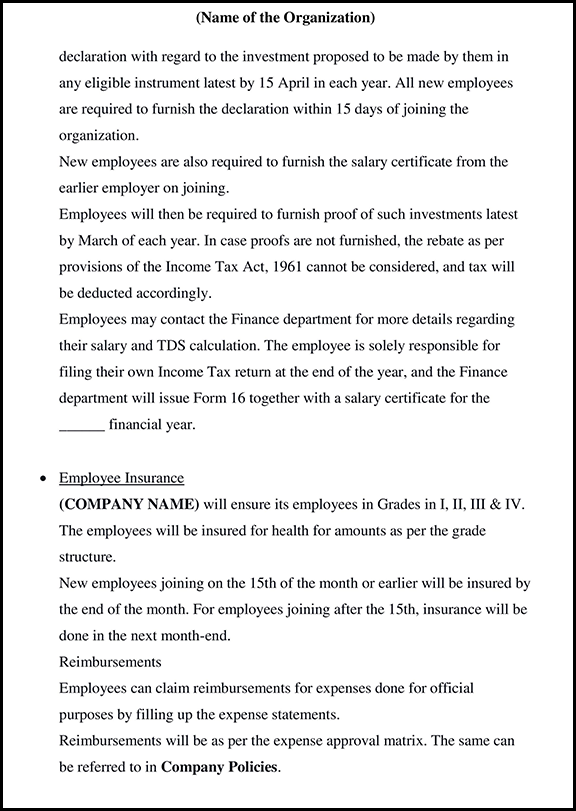
Challenges of HRM: 20 Challenges Faced By Managers & Organization
Managing Human Resources in an organization has never been an easy task. In the past few years, challenges of HRM have only grown with the rapid growth of technology, the fast-paced software updates and remote working has made HR management even more challenging. For an effective HR management system, the challenge of HRM is to make sure that the time, money, and resources of the organization are well-spent. Furthermore, they make sure that employees have the required resources to perform their best and reach their highest productivity levels.
If you’re looking for an easy and quick way to make legal HR documents check out the StartupHR Toolkit and also, Check out the largest collection of HR policies, letters, calculators, and much more:
We have looked at some of the common issues HR managers come across, and have found solutions to them.
List of Top 20 Challenges of HRM For Manager
1. Attracting Top Talent.
2. Embracing Change With An Open Mind.
3. Developing The Leaders of Tomorrow.
4. Building a Culture of Continuous Learning.
5. Building a Diverse Team.
6. Looking After Health & Safety.
7. Managing The Turnover Rates.
8. Globalization.
9. Compliance with Laws and Regulation.
10. Retaining Top Talent.
For Organization
1. Turnover.
2. Productivity.
3. Relationships With Customers.
4. Uncertainty About The Future.
5. Financial Management.
6. Monitoring Performance.
7. Regulation & Compliance.
8. Understanding Generation Z.
9. Technology.
10. Meeting Aspirations of Employees.
Challenges of HRM Face by Managers
1. Attracting Top Talent
As the demand for highly trained professionals at the ‘top of their game’ grows, it becomes a challenge for HR managers to attract the best talents. Managers should pay attention to how well an employee fits into the organization; along with the job role. Factors like an employee’s dedication, work ethic, and fit in your company are more crucial than any other skills he/she might have at present.
Furthermore, one of the challenges of HRM is to market the company well enough to attract the top talents. Also, this includes mentioning the USPs of working with your organization.
The Solution For This Challenge of HRM is:
1. Creating videos of employee testimonial of working in the company
2. Building a reward system of referrals to encourage employees to bring in people to the company
3. Building a culture to captivate the top talents which include showing appreciation, encouraging collaboration, and practicing transparent leadership.
2. Embracing Change With An Open Mind
One of the major challenges in HRM is to keep up with continuous changes in the world Change is the only constant, however, it is up to the HR managers to embrace the change, and prepare their employees for the same. Since HR managers are the strategic resource planners of the organization they must ensure that the company doesn’t have a deficit or a surplus of human resources.
Above all Solution For This Challenges of HRM is:
1. Having open, clear, as well as honest communication with employees.
2. Ensure that the employees are well equipped with the skills and resources to deal with the change. When employees feel secure and capable, the outcome is more likely to be positive.
3. Be a part of the high-level meetings to learn about the future requirements of the company.
3. Developing The Leaders of Tomorrow
HR Managers constantly face the challenge of mentoring and developing the future pillars of an organization. This is one of the trickier challenges HR Managers face because a lot of employees have a poor relationship with their managers. However, developing your employees for better roles helps you save the costs of recruiting and training a new employee. Furthermore, an employee that has grown within the company has grassroots knowledge. While there isn’t a one size fits all solution here, HR managers can take steps to develop employees into leaders of tomorrow.
For Developing The Leaders of Tomorrow in An Organization & Solving This Challenges of HRM You Can Take The Following Steps:
1. Managers can work on this by providing specific training sessions to talented individuals.
2. Show employees a clear progression path ahead of them, this will increase the likelihood of them staying in an organization.
3. Develop interpersonal skills.
4. Give the employee opportunities to lead and present to the team.
4. Building a Culture of Continuous Learning
Learning is a key factor in any organization. Upskilling employees help a company to gain an edge in the market however, it is a difficult challenge in HRM. Likewise, employees feel stimulated, engaged, and gain development opportunities. However, managers should ensure that the skills gained by a set of employees serve to enhance their job roles. If the workplace has a culture of learning and developing oneself this will ensure that every employee grows with every passing year.
Few Steps to Foster a Culture of Continuous Learning & Overcome This Challenge of HRM are:
1. Create a growth mindset where employees are willing to take feedback to learn and grow.
2. Teach managers how to give great feedback. What points should be covered, how to make it objective, and how to make it easier for the receiver to receive it.
3. Set learning goals within teams. Set targets for employees to learn a certain skill or a piece of technology every month.
4. HR managers can also use online learning, gamified learning, and microlearning.
5. Building a Diverse Team
As connectivity improves, the world becomes a smaller place. One of the HR challenges now faces is the challenge of managing a workforce with diverse backgrounds, ideas, and experiences. Also, This challenge of HRM comes with the responsibility to build a corporate work environment that’s welcoming for everyone. Building an inclusive team doesn’t just bring fresh perspectives into the company but also builds a chain of a diverse network. If different voices are heard in your organization, the company will be more innovative and more sensitized to cultures.
The Solution For This Challenge of HRM is:
1. Conduct cultural awareness activities to help employees understand new and diverse backgrounds.
2. Team building activities will also enable the entire workforce to work as one team on common objectives.
3. Educate your leaders to be open-minded and inclusive.
4. Celebrate cultural diversity.
5. Encourage culturally diverse hires.
6. Looking After Health & Safety
Maintaining health and safety standards ranks very high on any HR Managers priority list. The general well-being of employees is what keeps an organization running and growing. Along with physical well-being, HR professionals must also closely monitor the workload and stress levels of employees in an organization. A sustained period of high stress and anxiety is a cause of concern for the workforce.
Few Steps That You Can Take to Look After Your Employees are:
1. Build a system where work is divided equally amongst the employees
2. Managers should be trained to increase their emotional quotient to help employees better.
3. Employees should be trained to manage stress better with relaxation techniques.
7. Managing The Turnover Rates
One of the largest challenges of HRM is the challenge of reducing the turnover rates in an organization. One solution to this is to create a quality employee experience. High turnover rates in any organization lead to an increase in cost and use of resources. Apart from the cost, high turnover rates can also affect the morale of employees in an organization. Understanding the problems of employees can play a major role in reducing turnover rates.
The Solution For This Challenge of HRM is:
1. Always conduct exit interviews to truly understand the reason an employee is leaving the company.
2. Select the right candidate for the job
3. Training as well as the development of employee
4. Be friendly with the employees
5. Think if flexible work hours would work for your company
8. Globalization
HR managers often deal with teams and workforces in geographically distributed areas. A company’s customer demographic is also more diverse. HR managers are tasked with devising new plans and strategies to build an inclusive workforce that leverages the technology of the 21st century. In addition, managers must embrace the diversity of their workforce, and work towards reaching a new audience through them. It might be difficult to have the same effect virtually on an employee however, there is software that can help you build a work culture online.
While This Can Be One of The Challenges in HRM it Can be Solved Through Simple Steps:
1. Ensure the correct systems are present for better management
2. Make sure that employees know where to connect in case they need any help
3. Be accepting of diverse cultures and languages
9. Compliance with Laws and Regulation
Many HR professionals struggle with keeping track of laws as well as regulations applicable to the company. Also, this one of the crucial challenges in HRM. Not having the correct policies in place can affect the company’s growth and resources. Failure to have the right policies might lead to lawsuits, fines, or even closure of the company at times. As well as HR professionals should always stay updated with the changes in regulations ranging from labor laws, working conditions to CSR.
This challenge of HRM can be simply solved with the StartupHR toolkit. In short it is the largest collection of HR documents, templates & policies, Therefore, it is easy to make legal policies for your company.
10. Retaining Top Talent
Retaining top talent is a challenge of HRM that truly affects the organization. Not only nurture but also retain the top talent is important in the organization. A high turnover rate is not only bad news for any company but also it costs resources and adds pressure to the top management. Without the top talents working for your organization, it will be difficult to truly build a company that lasts. Without a steady set of leaders, an organization will suffer greatly.
However, there are a few steps that you can take to retain the top talents in your organization
The Solution To These Challenges of HRM is:
1. HR professionals can make sure that each employee feels recognized, and also, motivated & engaged.
2. A favorable work environment will help retain talented individuals.
3. Also, Invest in the right technology pieces and hardware for employees
4. Offer opportunities to develop further
The idea behind StartupHR Toolkit is to make HR documentation an easy and quick process. 😃
Just checkout our happy customer 😉 giving their whole heartedly feedback to our product StartupHR Toolkit 😊
Challenges of HRM face By Organizations
1. Turnover
A high employee turnover rate can not only affect the bottom line of business in any organization but also, the employees who are satisfied with their jobs don’t usually leave. A company must collect data and also, try to observe the turnover trends over time. This might be a pointer as to where the problem is. Companies can provide desirable benefits, pleasant working conditions, opportunities for advancement and also, decent pay to their employees.
Here Are a Few Tips Which Can Help Companies to Maintain a Healthy Turnover:
1. Proactively seeking feedback from employees before they leave. Also, This can highlight if employees are dissatisfied with a certain aspect.
2. Ingraining transparency into the working of your organization.
3. Setting up realistic expectations from your employees.
4. Communicating your goals as well as benchmarks clearly.
5. Setting up a proper mechanism for onboarding employees.
2. Productivity
The constant effort to enhance employee productivity has become the new business norm. Not only Managing but also maintaining high employees productively needs quick, smart, and consistent procedures and also, HR professionals are tasked with keeping a track of all employees, addressing their issues & filling the gaps.
You Can Greatly Improve Employee Productivity by Keeping a Few Things in Mind:
1. Equip your team with the right tools they’ll need for the job.
2. Improve the cultural fit in an organization with smart recruiting.
3. Upskill and train your employees so they are familiar with the latest tools and technologies.
4. Try to avoid micromanaging your employees. because of ‘Less managing gets better results’.
5. Encourage your employees to relax and also, dedicate some time for self-care.
3. Relationships With Customers
Customer service is arguably the most critical factor in an organization’s long term success. Especially, Customers can quickly use social media platforms to express their displeasure if they aren’t satisfied. Consultants must keep a keen eye on feedback as well as leverage 21st-century technology to improve their customer satisfaction.
Here’s What You Can Focus On To Improve Your Relationship With Customers:
1. Increase the focus on personalization. and also, Your customers want to be treated like people, not numbers.
2. Develop transparency in your work, which will give your customers a peek. in short, “behind-the-scenes”.
3. Provide the right content to customers at the right time.
4. Allow your customers to occasionally collaborate with you.
4. Uncertainty About The Future
Organizations not only hire trained professionals but also experts to look at trends and patterns in the current market and determine the future course of action. Being able to predict and act upon the changing corporate scenario is the difference between success and failure in an organization.
Dealing with uncertainty in an organization can be extremely difficult. The current Coronavirus situation has underlined just how uncertain our futures can be. However, you can always do a few things to mitigate the uncertainty-
1. Doing something practical, right now, which will improve your company’s chance of success.
2. Deliver value to your customers before anything else.
3. Shift your focus towards everything which you can control.
4. Also, Develop short term strategies.
5. Place a calculated bet on what might work a few years from now. It’s risky, but it’s the only way forward.
5. Financial Management
A CFO or a financial consultant is crucial for any organization, no matter how small it is. A financial advisor helps in making robust financial calls regarding cash flows, profit margins, reducing costs as well as help to increasing productivity. A business idea backed by numbers is one that is more than likely to succeed.
Even if you don’t have a CFO at present, we’ve mentioned some basic strategies which you can follow to manage your finances:
1. Have a clear, step-by-step business plan ready before acting on any new business idea.
2. Monitor your financial position and Also, get to know the basics of cash flow management.
3. Avoid credit lending as well as ensure that your customers/clients pay you on time.
4. Control your overheads and try to keep a track of your daily expenditure.
5. Clear your taxes and file for IT returns on time.
6. Monitoring Performance
Performance indicators provide metrics for how well a business is doing. KPI– which covers employee as well as customer satisfaction, internal process quality & finances is a key indicator. Organizations must monitor their performance with in-depth reviews and analysis; rather than just relying on ambiguous sales numbers.
Here are a few guidelines which can help you monitor your organizational performance more effectively-
1. Set SMART goals to be specific, measurable, actionable, relevant & timely, and see if they have been achieved.
2. Measure outcomes- the benefits that result from the work performed, rather than outputs.
3. and also, simplify and clearly define how you measure performance.
4. Eliminate ‘silo’ thinking i.e. enable information to flow freely throughout the organization
7. Regulation & Compliance
As mentioned earlier, it can be difficult for CEOs or top managers to keep a track of laws and regulations applicable to their company. Some laws and regulations might not be apparent at first glance, hence the documentation should be read thoroughly. Also, it is advisable to hire an external consultant or entrust someone within the company to keep up with all the regulations. Non-compliance may cost fines or worse for a company.
How to Ensure Regulatory Compliance, You Ask? Here Are Some Tips:
1. Not only Identify laws but also regulations applicable to your industry and operations process.
2. Determine what requirements you fall short of, and also, devise a plan of action.
3. Document the compliance process. This will help you immensely during audits.
4. And also, Monitor changes as they happen.
8. Understanding Generation Z
In the past few years, businesses have had to adapt to new social market channels ( Instagram as well as Facebook), and also deal with globalization, and adapt to the change. Businesses have to learn to work with the millennial generation. Also, They have to work to understand their point of view, work style, and what they might potentially bring to the table.
Experts Have Predicted That Generation Z Will Be Better Future Employees Than The Previous Generation. Here Are The Reasons.
1. Generation Z is well equipped with globalized technology, Also, they have grown up with it.
2. They have more willingness to start up their own ventures and also, learn.
3. They are looking for fulfillment and excitement in their job roles, and hence are more likely to come up with creative ideas.
9.Technology
Technology is changing at a lightning-fast pace. New methods of working (Remote work), new procedures for development (DevOps), new channels for marketing (social media), app development, cloud computing have all evolved within the last decade. Additionally, for existing organizations, this becomes a matter of keeping up with the technology.
Here’S How You Can Stay At The Top Of Your Game And Keep Up With All The Technological Changes Happening All-Around-
1. Pay attention to what other companies are adopting as well as more importantly, what works for them.
2. Talk to your technical team frequently as well as try to gauge what might be a good plan going ahead.
3. Technology is only part of your solution – the business problem is the driving force. In addition, Align your technology according to your needs only.
4. Take a few minutes each day and also, research the emerging trends.
5. Encourage your team and also, employees to build business plans and ideas based on the latest tech.
10. Meeting Aspirations of Employees
Once a company is done with the process of onboarding new employees, the next challenges for HRM are to retain them. Companies can start with simple activities such as mapping their employee goals, establishing a workplace based on trust and respect, and keeping communication open to meet the aspirations of their employees and build loyalty.
Here Are Some Ways Which Will Help You Meet The Aspirations Of Your Employees:
1. Find out what your employees are looking for. and also, check Is it a higher salary? A promotion?
2. Narrow down your employee aspirations to specific, time-bound, and also, realistic goals.
3. Provide your employees with the necessary resources and mentors which would help them in achieving their goals.
How Can You Handle These HRM Challenges?
If your HR team aims to be a strategic partner for your company, in the long run, they’ll need to adopt certain proven practices. Above all few tips which you and your company’s HR team can use, to handle all the above-mentioned challenges:
1. Not only make organizational changes periodically but also enhances the quality and productivity of work.
2. Devise a strategic and effective training program.
3. Motivate your employees as well as reward them for their good work.
4. Establish principles to develop and retain your top talent.
5. Leverage the latest technology to your advantage. and also, use business intelligence to make smarter business decisions.
6. Also, Stay in touch with the employees to understand their problems.
7. Keep an ear in the board meetings to understand the upcoming expectations.
Conclusion
Above all, these were some of the common problems that HR managers face. However, the real challenge in HRM is adapting to the ever-changing times. A strong HR management team will be able to anticipate the changing corporate landscape of the future. Furthermore, they’ll be able to prepare themselves and the employees for the upcoming challenge.
In other words, It is essential to build a robust HR system to address challenges in the field. As technologies evolve and the world adapts to automation and globalization, it is the human workforce that has the power to make or break a company. Therefore, they should be valued and taken care of.
Join a Community of 1,00,000+ HR Professionals





